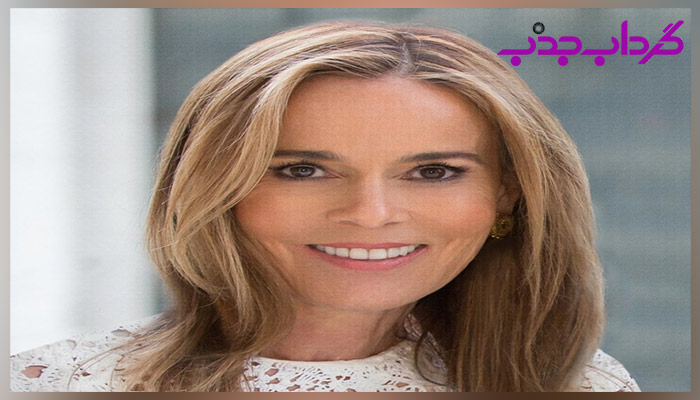

Now he lives on Beacon Hill, near the Kerrys and one of the ex–Mrs. Foresight like that pays off: He sold Continental Cablevision, which he cofounded with Celtics CEO Wyc Grousbeck’s father, Irv, for $11.6 billion.
JULIA KOCH NANTUCKET TV
Hostetter saw the potential of cable TV when everybody else was still struggling with rabbit ears.

Amos Barr Hostetter Jr.Ħ9, Boston chair, Pilot House Associates Boston Scientific is playing with even higher stakes: Its $27 billion acquisition of Guidant will make it the world’s leading cardiovascular device maker. At his alma mater, Duke, for example, $20 million got him the Nicholas School of the Environment and Earth Sciences in 1995 (he’s gone on to donate another $100 million to the university). The businessman to cofounder John Abele’s scientist, Nicholas knows exactly what money can buy. Most of the rest is controlled by archrival Johnson & Johnson-which lost the ruthless fight for Guidant. And, despite paying out $750 million in an embarrassing trade-secrets settlement last year, their company still controls some 60 percent of the U.S. Their drug-coated stent, Taxus, introduced in 2004, sold faster than Viagra.

Abele and Nicholas have always taken risks. 4) cofounded Boston Scientific in 1979 and together still own about a third of the medical equipment leader, which stands to become the state’s largest publicly held company with its $27 billion acquisition of Guidant. AbeleĪfter meeting at their kids’ soccer game, Abele and Peter Nicholas (No. And Fidelity, worth an estimated $40 billion, is the biggest barn around. “Any darn mule can kick down a barn,” Johnson wrote to investors. When the SEC said it would bar executives who chair mutual fund companies from having a financial interest in the funds they manage, Johnson fired off a scathing op-ed piece to the Wall Street Journal (he chairs all 377 Fidelity funds and his family owns nearly half the company). But make no mistake: The old lion still roars. Some speculate that Johnson will finally go out to pasture within five years. Johnson IIIħ5, Nahant CEO and chair, Fidelity Investments And she is still widely expected to succeed her father, Edward “Ned” Johnson III, at the top of the world’s largest mutual fund company, which manages $1.2 trillion. Johnson is reportedly the company’s single-biggest shareholder, and the fast-expanding employer services division she now oversees represents more than half its assets under management. The sixth-wealthiest woman in America, Johnson last year abruptly left the Fidelity funds’ board of trustees and was transferred from her job at the head of the underperforming mutual-funds division. JohnsonĤ4, Milton president, Fidelity Employer Services More than ever, the people on this year’s list accumulated their fortunes by making products or deals bigger, faster, riskier, and smarter than their rivals-not, as used to be the case here, by inheriting their money.Įxperts say another 30,000 households will hit the $1 million mark in Boston in the next four years. Money managers who help the rich get richer are doing pretty well themselves.

Unlike the virtual billionaires, titans of manufacturing continue to prosper. There clearly are still fortunes to be made in such necessities as real estate and healthcare. Buyout king Thomas Lee ($1.2 billion) made like Johnny Damon and split for New York.īut most of our entrepreneurs endure-and profit. Casino baron Sheldon Adelson, who once drove his purple Rolls-Royce home to Newton, took his $15.6 billion to Las Vegas, where he owns the Venetian. Viacom’s Sumner Redstone, now worth $8.4 billion, moved to Beverly Hills. Others took their green to greener pastures. David Wetherell of CMGI, for example, saw his stake in the company plummet from $2.1 billion to $100 million in less than a year. Not everybody at the top has fared so well since we last produced this list. Over the past two decades the wealthiest households in this state have seen their incomes rise five times faster than the poorest and twice as fast as those in the middle class. That’s more per capita than in Los Angeles, Chicago, even New York City. Today nearly one in 20 families here is worth at least $1 million. It’s been that way for two centuries, ever since Salem’s Elias Hasket Derby’s profits from the China trade made him America’s first. Massachusetts has always had more than its fair share of millionaires.


 0 kommentar(er)
0 kommentar(er)
